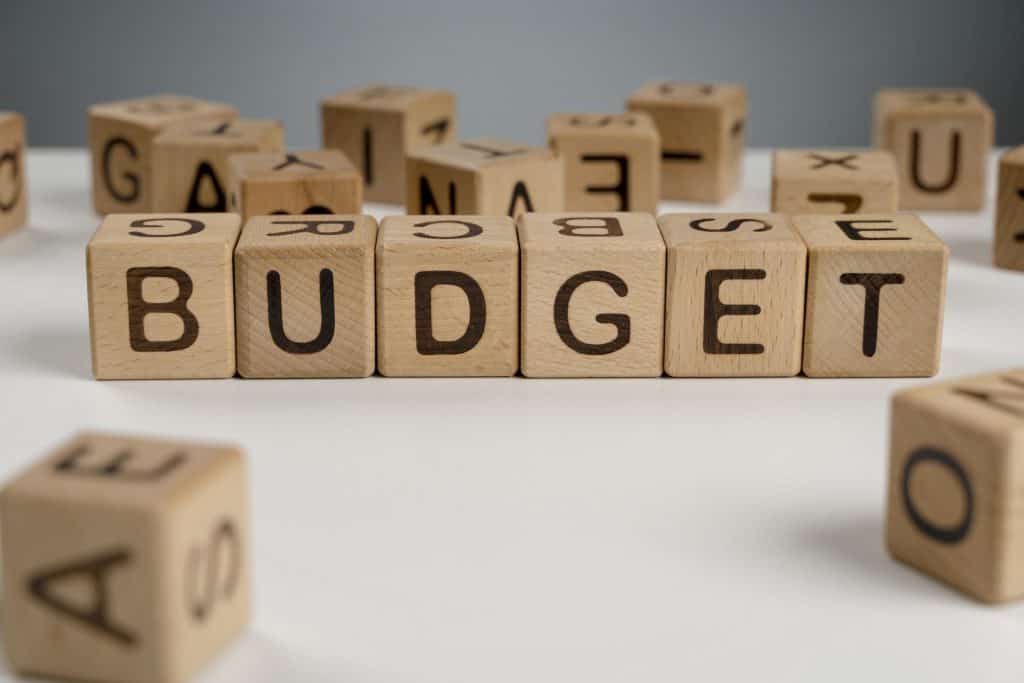Creating a budget requires a deep understanding of a person’s personal and financial background. When done successfully, it could bring wonders to a person’s life. Aside from being a management tool for expenditures and earnings, a budget is also crucial in planning for the future.
Contrary to popular belief, creating a budget is easy. This article teaches readers how to create a reasonable and practical budget. Follows the easy steps enumerated below to start your budgeting journey.
Budget Planning: Why does it matter?
Aside from being a financial planning tool, a budget is crucial because it helps people track their financial habits. You get to be mindful of how you spend your money because you know how much is still left.
A budget also records how much money is earned, how much has to be finished, and how much more is needed to be earned. Hence, it helps you commit to better money decisions. Based on your budget, you can ascertain what to do next in your life.
Budget planning also helps you manage your loans or credits. With a practical budget plan, you can avoid incurring new debts, and you become effective in repaying existing ones. A reasonable budget can increase savings. It could also help people manage their finances better.
6 Simple Ways on How to Create a Budget
Creating a budget might seem daunting and overwhelming. If you do not know where to begin, you can look at these six simple steps to create a budget. Note that following these steps allow you to create a more efficient and effective budget. Do all of them in chronological order as each step is related to the next.
Step 1. Gather Your Financial Paperwork
Before you create a budget, you must understand your financial status. To be informed about your finances, you have to gather up necessary finance documents you have, including bank statements, investment accounts, recent utility bills, pay stubs, credit card bills, and many more.
Having all this information gives you an idea of your financial status. Knowing how much money you are currently spending will help you decide how to spend your remaining resources.
Step 2. Calculate Your Income
Know how much money comes in from your salary. If you have side jobs, include what you earn from them. But, for jobs where you do not have a regular income, you shouldn’t include it here because they are not a stable salary source.
Step 3. Create a List of Monthly Expenses
Write down all the payables you have each month, including rent, loan payments, groceries, utilities, travel, communication utilities, and many more. One trick to gather a complete list of your expenses is to gather up all the receipts of your payments in the last month.
Meanwhile, you can download an app where you can record your daily spendings to get an average of your bills and other expenditures.
Step 4. Determine Fixed and Variable Expenses
Know the difference between fixed expenses and variable expenses. Fixed expenses refer to items that you pay every month. They have a fixed amount. This includes rent, car payment, loan payments, communication expenses, bills and utilities, and many more.
On the other hand, variable expenses refer to items that change every month. The amount you spend on them varies. These expenses include groceries, food, gas, gifts, and others. To compute these expenses, get the average from how much you spent in the last three months.
Step 5. Total Your Monthly Income and Expenses
Get the total of your monthly income and your expenses. After this, compute their difference to know how much money you are left each month. It is essential to know how much extra money you have each month to plan your budget accordingly.
You must get an idea of how much you earn and spend each month to plan how you wish to proceed in terms of your finances.
Step 6. Make Adjustments to Expenses
Upon knowing how much money you are left a month, make the necessary adjustments in your expenditures. If you think that you are not saving enough money, try to reduce your spendings each month.
If you want to increase your savings, you can also make the necessary adjustments. The lesson here is that your income or earnings are often fixed, but your expenses can be adjusted. You should adjust to things that you can control instead of those that you cannot.
How to Spend your Budget Wisely?
To budget wisely, you have to know the difference between income and necessities. Income refers to the money that comes into your account on a regular basis. This is your monthly wage, your investment earnings, or your business profit.
On the other hand, necessities refer to the items or services that have to be purchased regularly. These expenses are something that you cannot survive without. It includes food, shelter, clothing, medical expenses, and other things. Since these items are necessities, you have to set a budget meant for them.
You have to realize that there are things not considered necessities. Learn to discern which expenses are necessary or not. Buying a new laptop for leisure gaming is not budgeting wisely, but if you bought one for your video editing side gig, it is a good investment.
Things to Remember When Making Your Monthly Budget
Here are a few of the things you need to remember when making a monthly budget. These are simple and basic techniques to make your budget more useful and practical. As you create your monthly budgets regularly, you get to learn and realize specific lessons. For people who do not have a lot of budgeting experience, these steps are meant for you.
1. Keep a Buffer in Your Bank Account
Leave around $50-$100 in your account to avoid overdraft fees. By leaving this buffer amount, you are saving money. Include this money in your monthly budget. Think of it as an investment for you to save money.
Also, you can set a buffer amount budget for each month. Any amount not spent from this budget goes to your savings. Thus, keeping a buffer amount is also an effective method of forcing yourself to save.
2. Track Your Expenses
Good budgeting also includes recording every expense and earnings you make. Do a daily tracking, so you get an accurate record of your money. By doing this, you also get to be aware of where you are spending your cash on. You will then know which areas you can save on.
Note that there are smartphone applications that help you do this. These are free downloadable apps to allow you to record even the tiny transactions you make. Here, you are tracking your expenses in real-time. It would then be effortless for you to get the total and average amounts of your expenditures.
3. Adjust Your Budget Throughout the Month
One thing to learn about budgeting is that it is not as rigid as you might think. It is best to learn how to adjust your budget depending on how much expenditures and earnings you have each month. You also have to realize that there are certain months where your expenses and earnings may fluctuate. Thus, learn the habit of adjusting your budget based on these sudden and unexpected changes.
4. Save for Large or Semiannual Expenses
While it is useful to budget every month, know that there are expenses that come in bulk. These large or semiannual expenses include vacation, car maintenance, insurance, property taxes, and many more. You have to consider these expenses when making a budget.
Since they come in large amounts, they shouldn’t come as a surprise. These large and semiannual expenses need not be necessities. They can be scheduled for leisure activities too. Take note that you also have to include items that are meant to indulge you and your loved ones when it comes to budgeting.
5. Follow your Budget Plan Religiously
This might be contradictory to number 3, but this item is meant to remind you to stick with your budget plan. Although there are surprises regarding your expenses and earnings, you still have to make sure that you abide by what you already planned. Do not try to spend on unnecessary items, not in your budget. If you must break from your budget, make sure you are only spending on essential things.
Conclusion
Every person must learn how to create a realistic and useful budget. Despite this, creating one remains a daunting and challenging task for many. If you are one of the people who find it difficult to start creating their budgets, try to follow the steps above—these are simple and easy steps meant for individuals who do not have in-depth knowledge of budgeting.
Note that budgets are personal. They are tied to our situations and conditions. Hence, it is essential that when we create a budget plan, we first understand where we are coming from and where we want to be in the future. You have to create a budget that truly reflects who you are as a person.
Lastly, remember that creating a budget is like agreeing with yourself. You have to be committed to following what you have written and planned. Do not sabotage yourself. Instead, do everything necessary to make sure that your financial plan goes accordingly.













